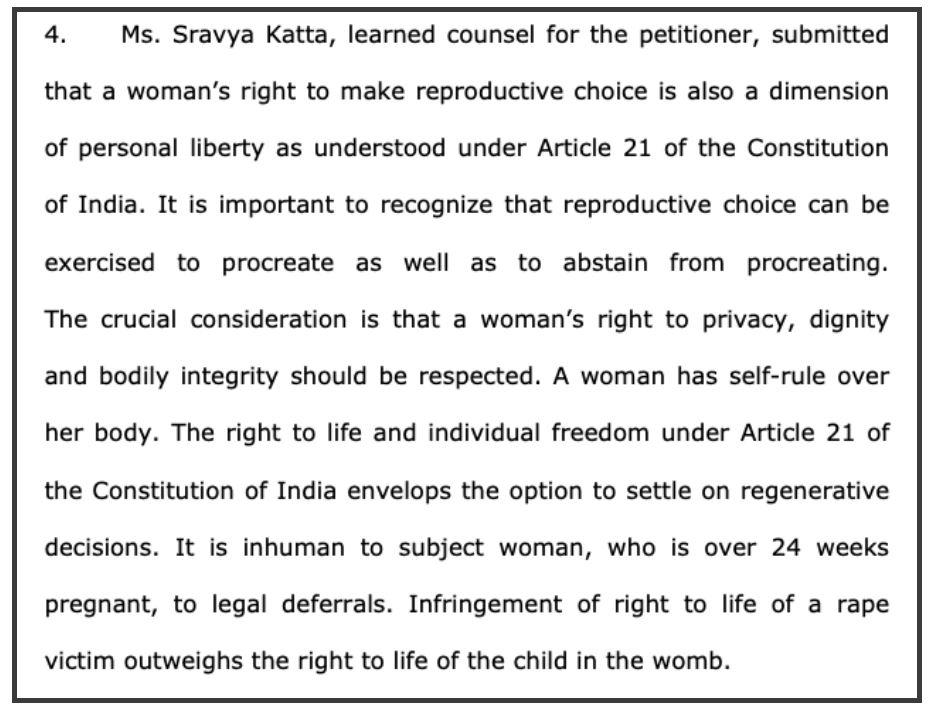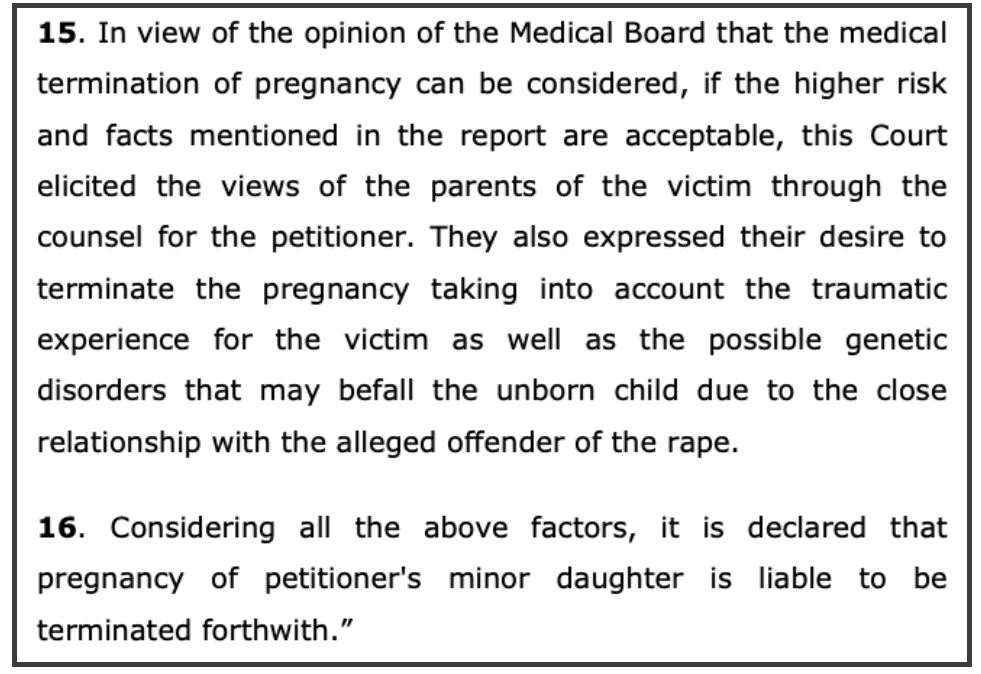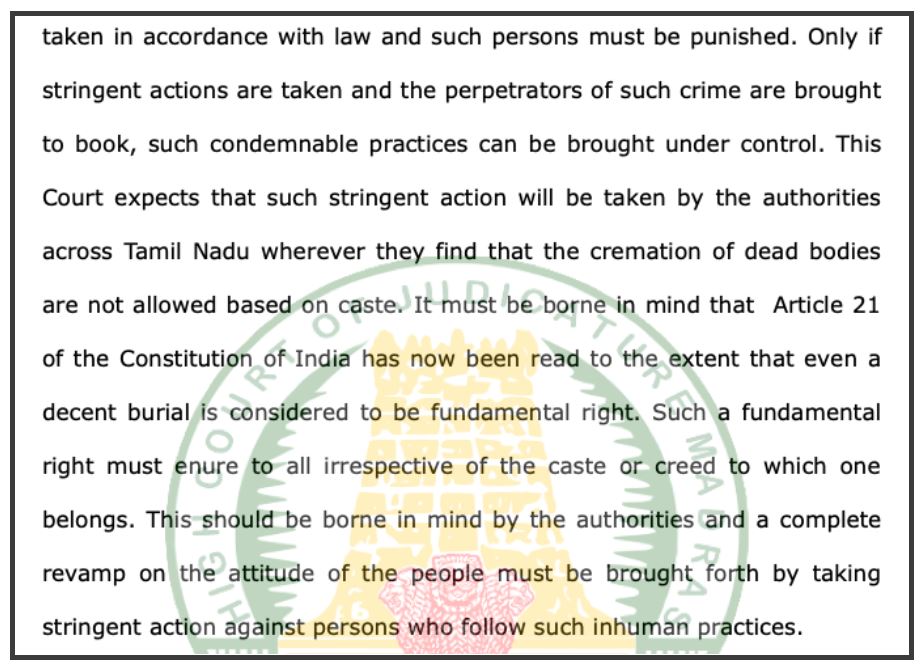In this roundup of court judgements, we look at Constitutional Courts’ remarks & directions about the protection of endangered ethnic communities in Tripura, rights of a rape victim, directions against the practice of prohibiting cremation or burial of persons belonging to marginalized castes in common burial grounds and safe movement of women and children around liquor stores.
Tripura HC: Asks govt to form an expert committee to assess the condition of the endangered Karbong community.
In the Court on its own motion Vs. State of Tripura and Ors., the Tripura high court directed the Central and State governments to conduct a detailed study on the Karbong community, which is alleged to be on the verge of extinction due to poor socio-economic conditions and submit the findings by way of an affidavit by 09 November 2021.
The high court took suo motu cognizance of a news report highlighting the plight of Karbong community, which is on the verge of extinction due to their poor socio-economic conditions. The news report titled ‘Karbong community at the verge of extinction’ was published by the “Tripura Observer” on 12 October 2021. The Karbong community is a sub-tribe of the Halam community of Tripura residing in a small hamlet of the Atharamura hill range. Reportedly, only 122 people of the community belonging to 31 families are now surviving.
The State-owned oil and gas exploration company ONGC (Oil and Natural Gas Corporation) adopted Karbongpara in January 2018 to provide basic amenities including educational support, healthcare through its CSR. The high court directed the ONGC to file an affidavit indicating the steps undertaken as part of their CSR (Corporate Social Responsibility) activities in the Karbong community.
The bench of Chief Justice Indrajit Mahanty and Justice Subhashish Talapatra has slated the matter to be heard next on 12 November 2021.
Telangana HC: Infringement of Right to Life of rape victim outweighs Right to Life of a child in the womb.
The Telangana high court permitted a minor rape victim to terminate her 26-week old pregnancy and observed that the life of the foetus (or unborn-born child) cannot be placed on a higher pedestal than that of the life of the mother.
The high court was hearing a petition moved by a 16-year-old minor victim (through her parents) seeking permission for medical termination of pregnancy as per the provisions of the Medical Termination of Pregnancy Act 1971 (MTP Act), as amended in 2021. The 2021 amendment extended the upper limit for medical termination of pregnancy to 24 weeks, from the present stipulation of 20 weeks, for certain categories of women.
The petitioner’s counsel argued that a woman’s right to make a reproductive choice is a facet of personal liberty as enshrined under Article 21 of the Indian Constitution.

It was further submitted that there is a threat to the physical and mental health of the petitioner, aged 16 years, as the formation of foetus is not a choice but purely circumstantial, as the pregnancy is the result of sexual assault and rape. It was emphasised that the petitioner at her tender age is not in a position to bear the child physically, mentally, and financially.
The high court noted that if the minor victim is not allowed an abortion then there exists every possibility of her undergoing severe physical and mental stress, which may have an adverse effect on her future health and prospects.

In conclusion, the high court held that although there exists restriction under the MTP (Amendment) Act 2021 for terminating pregnancy older than 24 weeks, it is settled law that the Constitutional Courts are empowered to direct termination of pregnancy even if the foetus is more than 24 weeks old.
The high court directed the concerned hospital to take all appropriate precautions and medically terminate the pregnancy of the minor victim.
Madras HC: Directed state to prevent ‘loathsome practice’ of prohibiting cremation/burial of marginalized communities in common burial grounds.
In S Amirthavalli Vs. The District Collector, Coimbatore and Ors., the high court observed that the ‘loathsome practice’ of prohibiting the cremation or burial of persons belonging to marginalized castes in common burial grounds continues in several villages.
The high court was hearing a petition seeking directions to prevent the burial or cremation of dead bodies at certain government land in Pollachi. During the hearing, the High Court was apprised that the concerned land was being used to cremate dead bodies of persons belonging to a lower caste, as members of this community were not being allowed access to the nearby burial ground.
The bench of Justice N Anand Venkatesh directed the state authorities to take strict action if it is found that cremation of dead bodies is not being allowed based on caste.
The judgement notes that the right to decent burial is protected under Article 21 of the Constitution and it must be ensured to all, irrespective of caste or creed.
In response, the government informed the high court that the concerned Block Development Officer had been directed to ensure that persons belonging to all communities are permitted to use the common burial ground.

The high court also directed stringent actions to be taken against perpetrators of such condemnable practices. The bench emphasised that a complete revamp on people’s attitude must be brought forth by taking stringent action against persons who follow such inhuman practices.
Kerala HC: Long queues outside liquor stores hinder the safe movement of women & children.
In the case My Hindustan Paints v. S. Aanathakrishnan IPS, the Kerala high court urged the Excise Department and BEVCO (Kerala State Beverages Corporation) to start thinking about providing walk-in facilities at liquor outlets, instead of letting people line up in the streets.
The high court a contempt petition regarding the non-implementation of the high court’s order to provide a dignified way to citizens to purchase liquor from BEVCO outlets. The order issued four years addressed the overcrowding and lack of basic facilities at these outlets.
The high court noted that if liquor stores were like all the other stores with a walk-in facility, it would solve the problem of safety and security on streets. since these liquor outlets are small and dingy, people line up on the streets, making it unsafe for women and children to safely walk through these areas.
In response, the high court was informed that the State’s Excise Department had taken several fast-paced towards the improvement of liquor stores. About 33 shops have been upgraded, 12 new buildings have been identified as suitable locations to establish liquor stores and other similar developments. Further, to avoid overcrowding at the stalls, online booking services were also made available.
The bench of Justice Devan Ramachandran directed the respondents to initiate steps to make all liquor stores in the state walk-in shops. The case has been posted for further hearing on 09 November 2021.
Featured Image: Important Court Decisions


